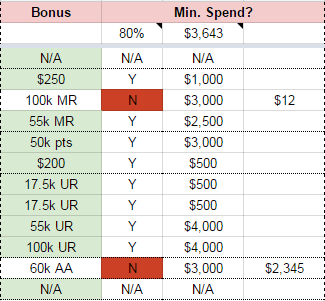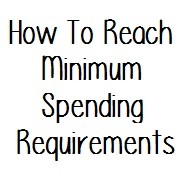In memory of my late father, I thought I’d share some basic personal advice that he gave me when I was growing up. I’m incredibly thankful for this advice as it’s put me in an incredible fortunate position at a young age.
- Track your spending & create a budget. Track where you spend every dollar and then create a budget. As soon as you start tracking where you spend your money you’ll find it easy to find places where you can cut down. I recently created a budget with a friend, turns out he was spending $300 a month on coffee. When he looked at that total figure he saw how ridiculous it was. Now he spends less than $50 a month and puts the rest towards debt.
- Live below your means. If you’re spending more than you’re making, eventually that’s going to catch up to you and you’re going to be faced with debt that you cannot manage. Debt is incredibly stressful, the larger your debt is the worse it becomes. Don’t make the mistake of thinking “but next year, I’ll get a raise and then I can pay all of this off!”, that’s incredibly unlikely to happen. What if the opposite happens? What if you lose your job? There are lots of ways you can cut back and whole websites dedicated to helping you lead a frugal lifestyle.
- Pay off your debt. Debt snowball, debt avalance it doesn’t matter. Just pay off your debt as quickly as you can. I personally recommend to pay off the highest interest rate balances first, but if you get a mental edge by paying off the smaller debts first then go right ahead. What’s important is the fact that you tackle your debt as quickly and aggressively as possible.
- Build an emergency fund. This will help to prevent you from going into debt in the future, you should have an emergency fund that you can dip into in case something unexpected comes up. Personal finance bloggers will endlessly debate on exactly how much you should have in this account. My recommendation? At bare minimum 3 months of your living expenses/pay check, the more the better. I currently have a full 12 months of my paycheck stashed in my emergency fund, I was able to build this up slowly by living well below my means. Rather than keeping this money in a traditional checking account or savings account, consider parking it in a rewards checking account. That way you’ll earn more than inflation and you’re money won’t be devalued. Lots of them come with interest rates of 3-6% with a little effort on your part.
- Start saving for your future. At some point in your life, I’m going to assume that you want to retire. Retirement isn’t cheap, especially as the average life expectancy has increased so much. Set aside some time to learn about 401(k)’s, IRA’s and Roth IRA’s. It sounds boring, but putting in a few hours of study to properly educate yourself could shave significant time off how long you need to work.
- Invest in low fee mutual funds. In the long run, very few investors beat the market average. A lot of personal finance advisers (the commission kind) will recommend high performing funds with high fees. The problem is that these types of funds are also high risk and in the long run very rarely beat the market. Warren Buffet recommends low fee mutual funds and so do I. Vanguard is my preferred option, but Fidelity will also do.
If you could give somebody one piece of personal advice, what would it be? What are your favorite personal finance websites or blogs? Let us know in the comments.






